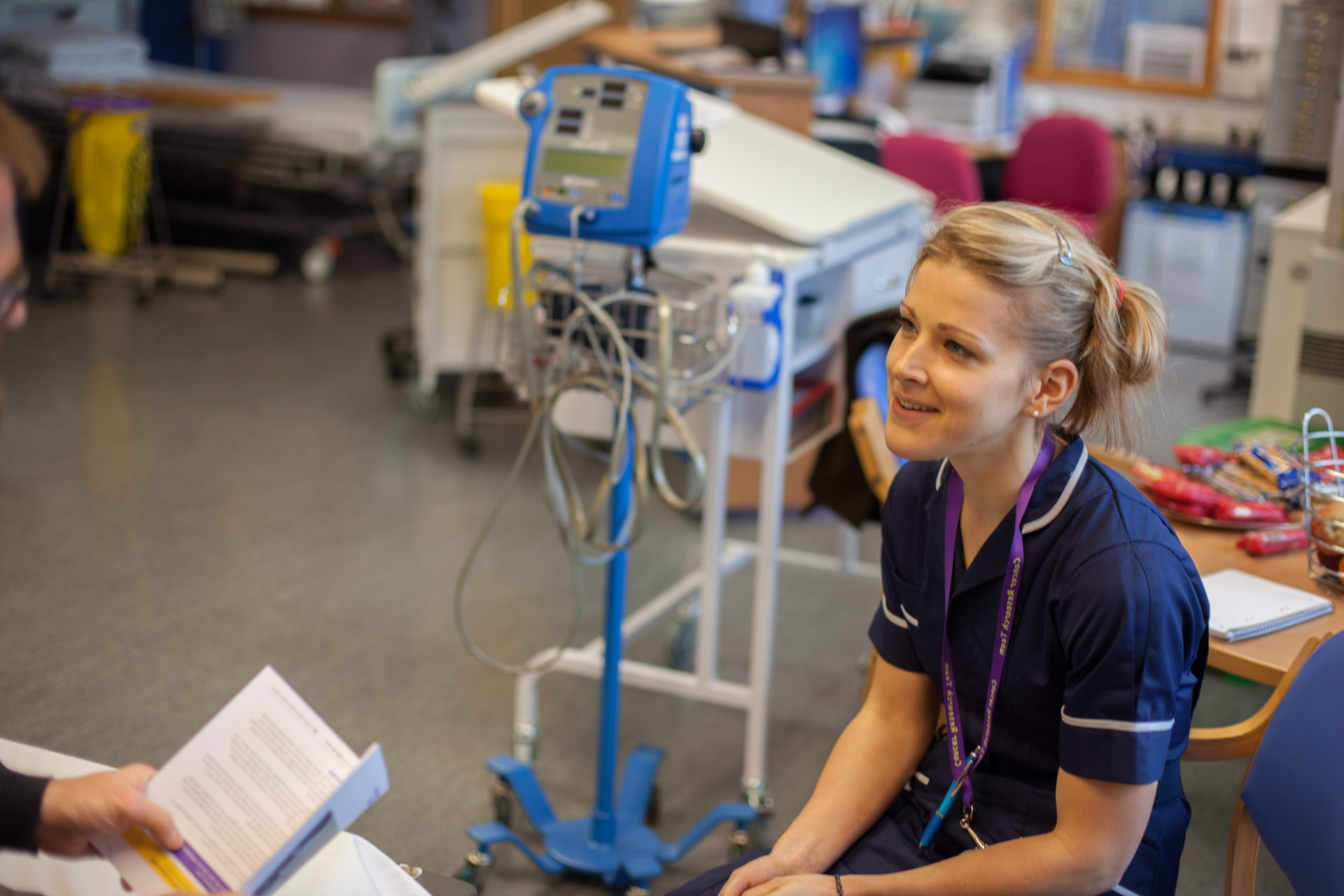References
Email us at publications@pancreaticcancer.org.uk for references to the sources of information used to write this information.
Acknowledgements
We would like to thank the following people who reviewed our
information about clinical trials for pancreatic cancer.
- Claire Taylor, Research Nurse Team Leader, The Christie NHS Foundation Trust
- Joanne Mayhew, HPB Research Nurse, Cambridge Cancer Trials Centre
- Pippa Corrie, Consultant and Associate Lecturer in Medical Oncology, Cambridge Cancer Trials Centre, Cambridge University Hospitals NHS Foundation Trust
- Pancreatic Cancer UK Lay Information Reviewers
- Pancreatic Cancer UK Specialist Nurses



